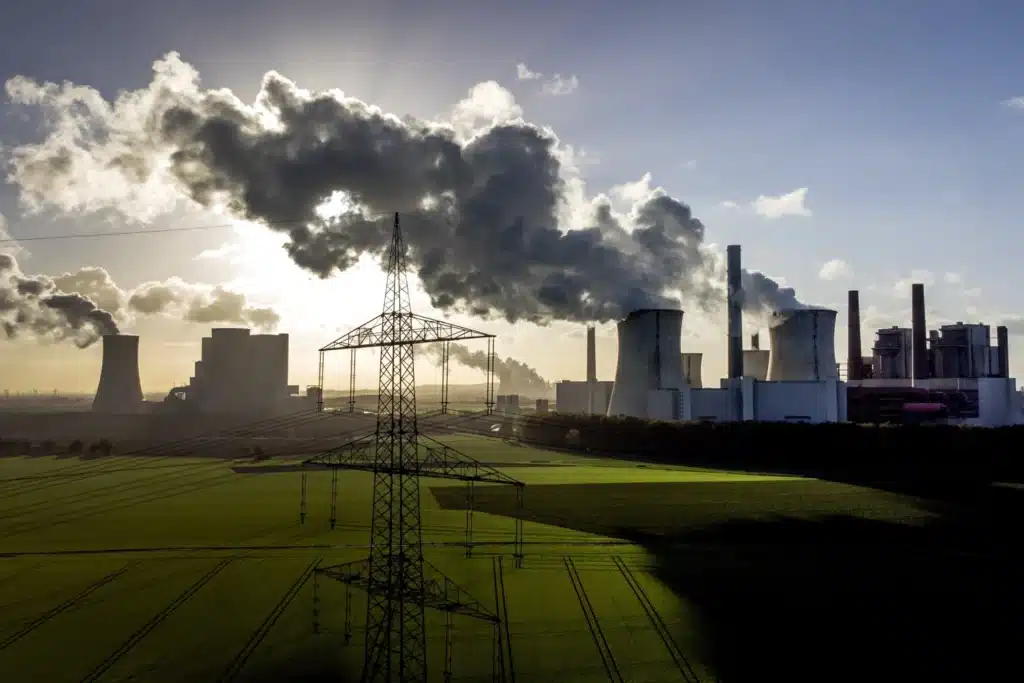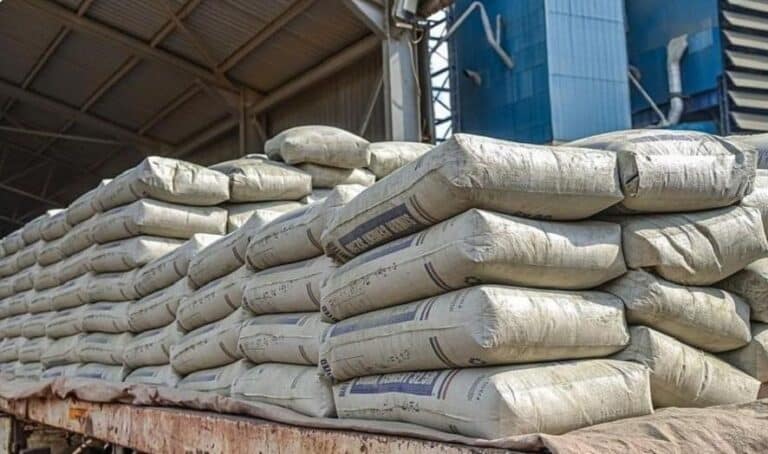
The Centre for Economic Research and Reforms (CERR) has released an analytical review of greenhouse gas (GHG) emissions, climate risks and decarbonisation strategies in Uzbekistan. The study evaluates current dynamics and long-term scenarios for low-carbon development.
Climate Risks and Global Context
Global emissions reached 53 bn tonnes in 2023, 15.6% above 2010 levels. In Central Asia, climate change has already cut annual per capita GDP growth by 1–2 percentage points. Over two decades, average temperatures have risen by 1.5°C while water flows in the Amu Darya and Syr Darya rivers have declined by 30% and 10% respectively. Climate-related risks have multiplied 140-fold in the past decade, affecting over 10 mln people and causing $10 bn in damages.
The World Bank warns that without adaptation, Uzbekistan’s economy could contract by 10% by 2050, with serious consequences for employment and household incomes.
Uzbekistan’s Emissions and Policy Targets
Energy remains the largest source of emissions in Uzbekistan at 76%, followed by agriculture (18%), industry (5%) and waste (1%). The main contributors are methane from oil and gas (35%), CO₂ from power generation (21%), industry and construction (16%), livestock (15%) and the residential sector (13%).
The government has set ambitious 2030 targets: cutting carbon intensity of GDP by 35% compared with 2010, halving energy intensity, raising the renewable share of the energy mix to 40% and planting 200 mln trees annually over five years. State-owned enterprises are adopting ESG and CSR reporting and strengthening emissions monitoring.
The CERR review notes significant progress in reducing carbon intensity and expanding renewables, creating a basis for a transition to low-carbon growth. By 2030, electricity demand is expected to reach 120 bn kWh, making accelerated renewable deployment vital to avoid rising emissions.
The study also assessed decarbonisation opportunities across energy, transport, construction and manufacturing. It recommended technologies and methods to accelerate reductions, making this one of the first comprehensive climate assessments of its kind in Uzbekistan.
Kursiv also reports that enterprises in Uzbekistan now have access to a new investment instrument that enables them to modernise production through foreign financing while settling obligations with carbon credits.













